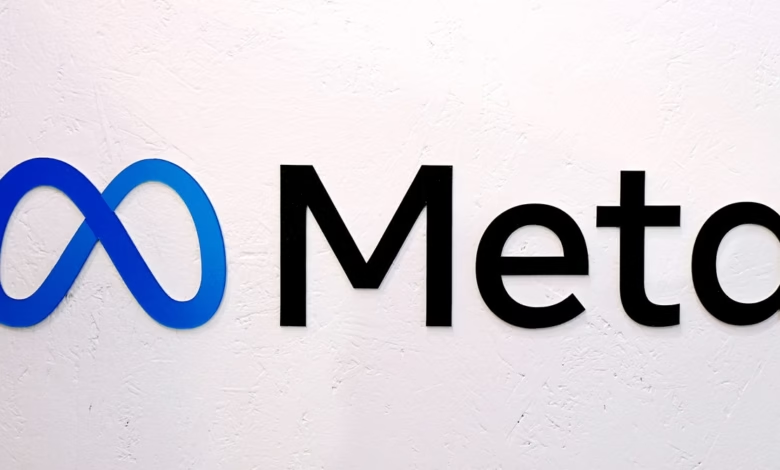Meta Wins AI Copyright Case: Here’s the Catch

▼ Summary
– A federal judge ruled Meta did not violate copyright law by training its AI tools on 13 authors’ books, citing insufficient evidence of harm.
– Authors including Sarah Silverman and Ta-Nehisi Coates sued Meta in 2023, claiming copyright infringement, in one of the first such AI-related cases.
– Judge Chhabria emphasized the need for evidence that Meta’s use of the books would financially harm the authors, a key factor in copyright cases.
– This ruling follows another AI copyright case where Anthropic won, though it must still face claims of pirating books in court.
– Legal experts noted Chhabria’s focus on market harm could influence future AI copyright cases, differing from other judges’ emphasis on “transformative” use.
Meta has secured a significant legal win in a high-stakes copyright battle, with a federal judge ruling that the company did not break the law by using authors’ books to train its AI models without permission. The decision marks a pivotal moment in the ongoing debate over how intellectual property laws apply to artificial intelligence development.
Judge Vince Chhabria of the US District Court dismissed claims from a group of authors, including prominent figures like Sarah Silverman and Ta-Nehisi Coates, who argued that Meta’s use of their work constituted copyright infringement. The judge emphasized that the plaintiffs failed to demonstrate how Meta’s actions caused them financial harm, a critical factor in copyright disputes.
This case, known as Kadrey v. Meta, was among the first to challenge the legality of AI training on copyrighted materials. Since then, numerous similar lawsuits have emerged, testing how courts interpret fair use in the context of machine learning. Chhabria’s ruling diverged from another recent decision involving Anthropic, where Judge William Alsup allowed a case to proceed despite acknowledging the legality of AI training.
A key distinction in Chhabria’s reasoning was his focus on market harm, a concept central to fair use analysis. Unlike Alsup, who prioritized whether AI-generated content was “transformative,” Chhabria underscored the need to prove that Meta’s actions negatively impacted the authors’ earnings. Legal experts suggest this approach could influence future AI-related copyright cases.
James Grimmelmann, a Cornell University law professor, noted the judge’s sharp but respectful disagreement with Alsup’s interpretation, calling attention to the evolving legal landscape. Meanwhile, Cardozo Law’s Jacob Noti-Victor predicted that this emphasis on market dilution could reshape arguments in pending and future lawsuits.
While Meta’s victory provides clarity for tech companies, the broader legal battle is far from over. The plaintiffs may still pursue claims related to alleged piracy, with further discussions scheduled. As courts continue grappling with these unprecedented questions, the rulings will set crucial precedents for AI development and intellectual property rights.
(Source: Wired)
